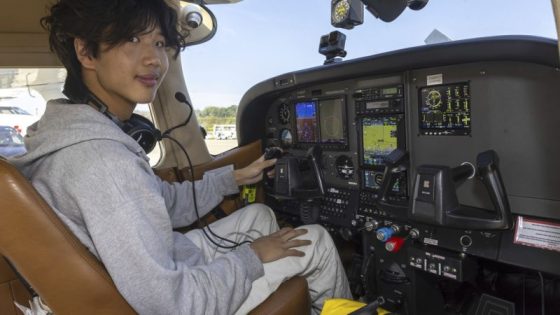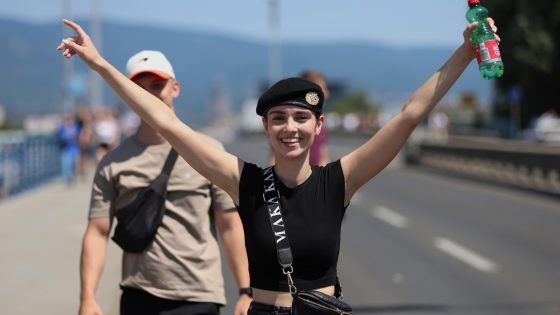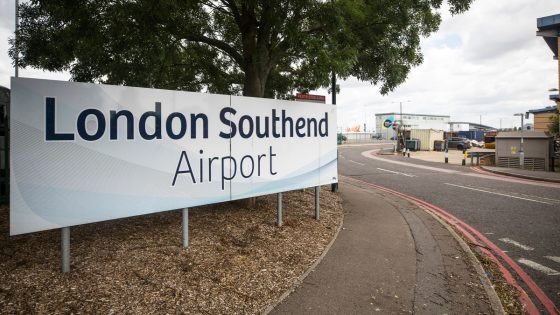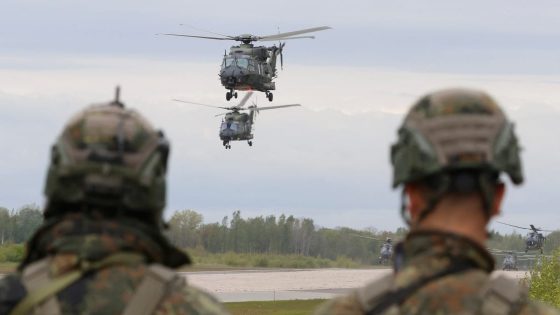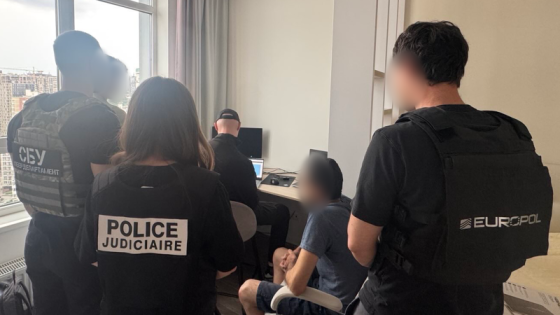A teenage American pilot, Ethan Guo, has recently made headlines after being stranded on a remote Antarctic island since late June. His adventure took a turn when he was accused of landing there without permission while attempting to fly to all seven continents solo, raising funds for cancer research.
- American pilot Ethan Guo stuck in Antarctica
- Accused of landing without permission
- Agreement to donate $30,000 to charity
- Prohibited from reentering Chile for three years
- False flight plan submitted to authorities
- Attempting to raise funds for cancer research
On August 12, 2025, a Chilean judge agreed to suspend legal proceedings against Guo, provided he donates $30,000 to a children’s cancer foundation and leaves Chile for three years. This unusual case highlights the complexities of aviation regulations in contested territories.
This incident raises important questions about the responsibilities of pilots in international airspace. How can aspiring aviators navigate complex regulations? What measures are in place to ensure safety and compliance? Consider these points:
- Guo’s flight plan was deemed misleading.
- He must cover aircraft security costs.
- His journey was aimed at raising $1 million for cancer research.
As the aviation community watches closely, Guo’s story serves as a reminder of the challenges faced by adventurers. Will this incident inspire better regulatory frameworks for future pilots?



